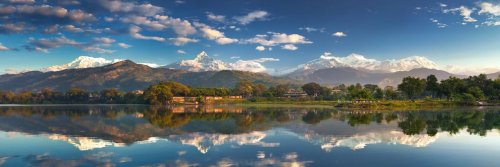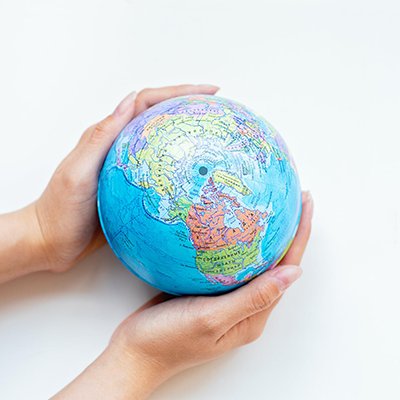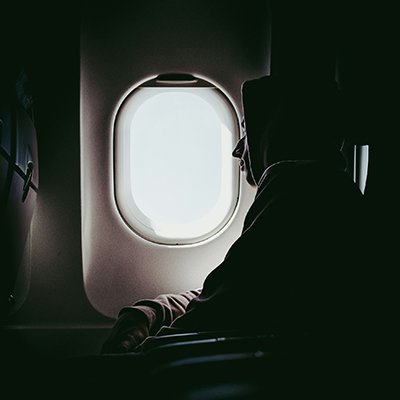Tourism After Tragedy
The deadliest series of earthquakes in a country’s history.
Over 8,500 dead, tens of thousands of people injured, and hundreds more missing.
If you look at the statistics, the media may be right in predicting a major blow to Nepal’s tourism industry this trekking season, and perhaps for years to come.
After all, the victims of the earthquakes weren’t only Nepalese, but included at least 18 foreign tourists who died in an avalanche on Mount Everest. Surely other foreign tourists will be dissuaded from journeying to Nepal anytime soon….
Right?
For all of their doomsday predictions of a country that simply lays over and dies in the face of disaster, it’s clear that the bulk of the world media has never been to Nepal, or at least has never spent time with any Nepalese people.
Nepal is one of the poorest countries on earth, making these two massive earthquakes sort of like pouring salt in an open wound, or kicking someone when they’re already 6 feet underground.
You’d think its extreme poverty would’ve made Nepal an even more vulnerable target in the face of disaster, but the truth is that Nepalis are used to overcoming insurmountable hardships on a daily basis. They, unlike wealthier nations, were perfectly primed and prep'd to take on a disaster as big as the very mountains that define them.
Never have I seen such hard work, such selflessness, such complete lack of ego than in the month I spent in Nepal. Never have I seen a people so blissfully resigned to their plight, humming and singing while lighting their morning incense, quick with a brilliant smile as they took pick axe to earth.
Never have I seen a people with so little give so much of themselves, with no thoughts of deserving anything more, anything better.
No, Nepal will recover from these breathtaking tragedies, and much more quickly than a wealthier, more privileged, more comfortable nation might. Nepal knows what it means to suffer. And so when faced with suffering in the extreme, it can draw from internal resources accumulated over a lifetime – not just a moment – of hardship. The inner strength that results from living an impoverished existence is exactly what’s needed to meet, and overcome, such a terrific tidal wave of pain and suffering.
Tourism is a hugely important part of Nepal’s economy, and its supposed decline has been the target of much fanfare by the media, especially in the wake of these disasters.
But unlike terrorism, kidnappings, drug trafficking, and other frightening threats that might make tourists heed government-issued travel alerts, Nepal has something other countries don’t: the undeniable, insurmountable, breathtaking majesty of the Himalaya Mountains, the tallest range on earth, and that blushing behemoth of a peak beyond all other peaks, Mount Everest.
As if an earthquake or an avalanche could dampen the draw of such jaw-dropping natural beauty.
As if fear, death, and destruction could ultimately win out over divine, death-defying creation.
As if the magnitude of an earthquake could somehow diminish the magnitude of these marvellous mountains.
(As if hardcore trekkers would let a couple of earthquakes stop them from achieving their lifetime dream.)
No, Nepal will not only recover from these quakes; she will thrive. Because that is what she does every single day, in the muddy farm fields and smog-ridden cities, in the cramped houses and fly-invested food stands, in the deep river gorges and shallow valleys that reflect mountain peaks like large, rippling mirrors.
Because it’s easy to succumb to sorrow when it’s a stranger at your door. But the people of Nepal welcome sorrow, and hardship, and poverty as their bedfellows, inviting them in for the night like old, familiar neighbours. They know just how to welcome them, just how to embrace them, and just when to send them on their way.
If you visit Nepal, there will be more earthquakes, but you’ll have no need to fear. These are the kind of quakes that arise within, that open the heart to true beauty, that carve deep rivets of admiration for a people who know – who have always known – what it means to survive.
Rebecca Anne Nguyen is a freelance writer and the Founder of TheHappyPassport.com, an inspiration site for solo female travellers.















